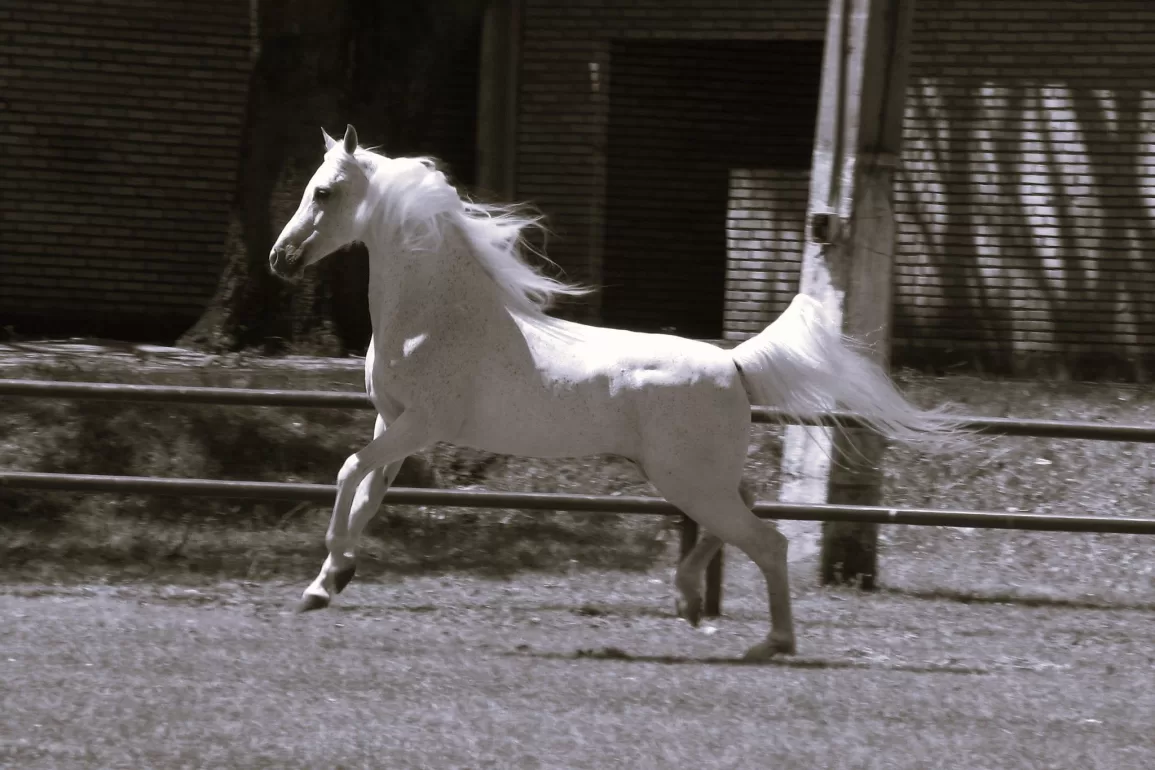“Horses make a landscape look beautiful.” – Alice Walker My dad kept some Arabian horses for a time, when I was young. Time come when there only two left. We did not ride like we thought we would, and neither did my father. My grandfather had been born to set a horse, and had cowboyed on the McIntyre ranch, the biggest ranch in the world by acreage at the time, no mind what some half-wit Texan might tell you....

